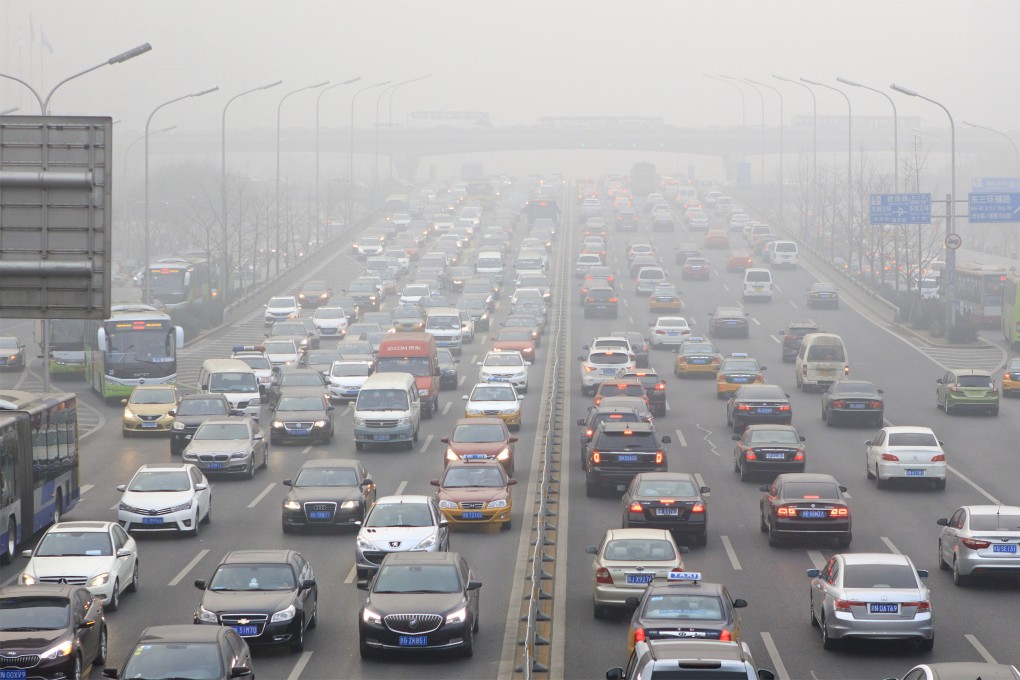My Take | How the Western media normalise disasters in Africa and demonise China
- Comedian Kevin Hart and kung fu star Donnie Yen are exactly right about the way mainstream news outlets distort realities outside the West

When actors talk about politics or take up a political cause, most of us just roll our eyes. As star comedian Ricky Gervais warned his audience of Hollywood stars at the start of the 2020 Golden Globes awards: “If you do win an award tonight, please don’t make it a platform to make a political speech. You are in no position to lecture the public about anything. You know nothing about the real world. Most of you spent less time in school than [teenage climate activist] Greta Thunberg.”
That’s generally true. Now and then, though, an actor does speak up with some courage and insight. And when people or critics start rounding on him or her like a pack of hyenas instead of merely ridiculing them or shrugging it off, you know they have hit a nerve. Like US comedian Kevin Hart and kung fu megastar Donnie Yen.
Both have blasted the mainstream Western media recently and they are spot on. The co-star of the latest John Wick movie instalment even gets into trouble for calling the 2019 riot in Hong Kong, well, “a riot”. A “cancel” campaign with more than 100,000 signatures collected is calling on the Oscars to disinvite him as one of the presenters. I don’t see that happening, though. Imagine a retaliatory boycott of Hollywood by patriotic Chinese film-goers. In the end, it’s all about box office.
However, it’s funny how people always talk about speaking “truth to power”, yet they never say anything about speaking “truth to the mob”, perhaps because they are the mob.
Hart was in Pretoria last month as part of his comic “Reality Check” tour. At a press conference, he complained about how Africa is always portrayed in the West as being one step from disaster and that it is seemingly incapable of progress and development, only violence and corruption.
“When something about Africa is talked about, it’s normally bad, it’s normally violent… It’s never good, a disease broke. So your perception is what people have forced you to believe,” he said.
“Until you get the heart to say, I am going. I am going to see for myself, you don’t know. All I know is what the news says. And in my mind, am I going over there to get kidnapped? I am repeating what I heard… What the media force on me… And then I go, and I am fine. It’s a great city, I feel like I am back in New York, in Malibu…
